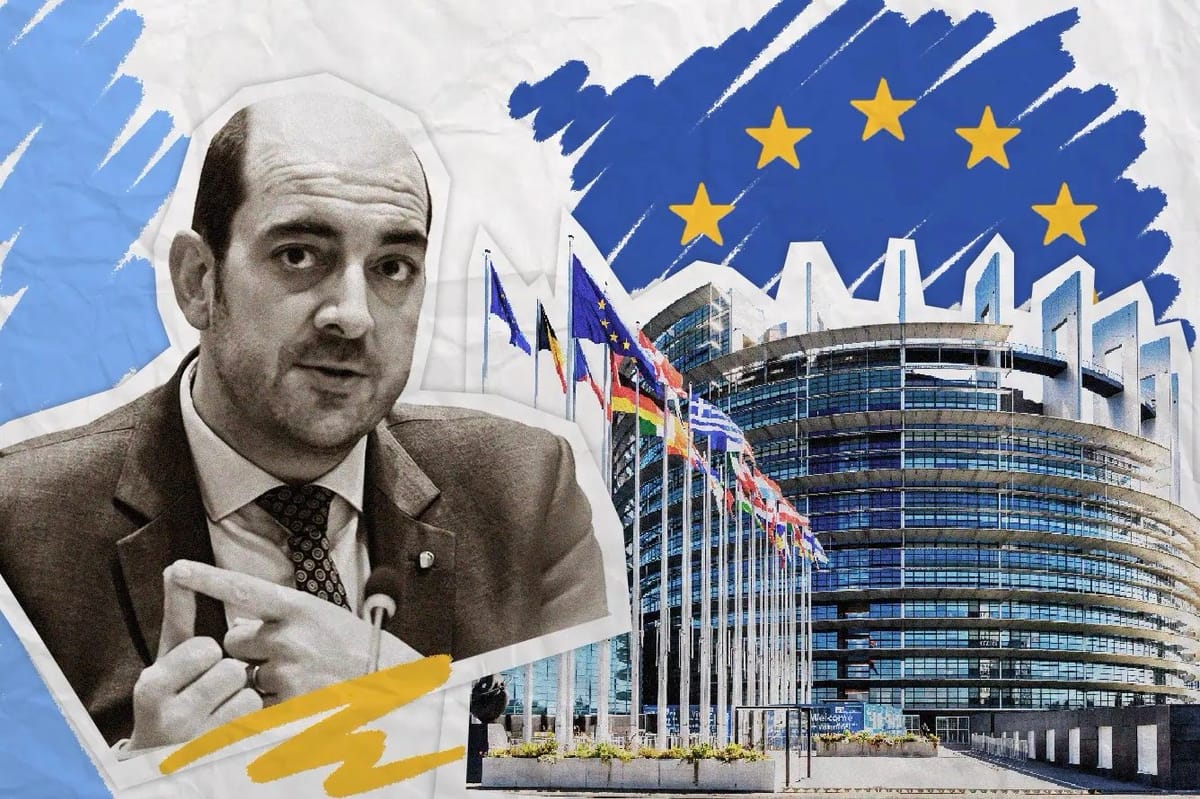
Accomplishing the ballet of balance between regulation and innovation is a challenging endeavour. Too much legislation hampers innovation. Too little leaves consumers unprotected, allows criminal behaviour to prosper, and makes economic benefits tough to reap.
In the European Union, the swift approval of legal frameworks for blockchain technology and crypto assets has yet to create as much market dynamism and industry growth as that in certain jurisdictions with less or less comprehensive laws.
With the next elections scheduled for June 2024, members of the bloc's political institutions are now suggesting that it is the right time to change strategy.
Speaking at the Blockchain for Industry conference in Brussels last week, Belgium's secretary of state for digitalisation, Mathieu Michel, proposed a new approach to decentralised technologies when he said, "We need to slow down on regulation and give it time for implementation."
Since defining the Blockchain Strategy in 2018, the EU has updated legal frameworks to encompass the new market realities of blockchain and digital assets in matters such as taxation, cyber security, bank regulation, anti-money laundering and criminal activities.
Hoping to induce prosperity, security, and dynamism in financial markets, the EU parliament approved the pioneering Markets in Crypto-Assets Regulation (MiCA) in April.
However, as the co-author of MiCA and representative member of the Renew Europe Group in the EU parliament, Ondřej Kovařík noted, "At this point we have to be cautious. We have a good regulation on paper, but the real success lies in its good application."
Joachim Schwerin, principal economist in the unit responsible for the Digital Transformation of Industry at the European Commission, believes that the EU institutions have already "harvested all of the low-hanging fruit," and that now the technology must be explored as a mechanism to enhance the real world economy.
During the event held on Thursday, four blockchain advocacy groups announced a collective manifesto to promote the use of blockchain, in which they recognise that the block is moving slowly.
"The EU is at risk of falling behind North America and Asia in the global race for the future digital economy, as demonstrated by the reliance on foreign digital service providers and the limited number of unicorns and start-ups compared to its competitors."
The groups, which defend the interests of major global players in crypto and Web3, believe that the EU ought to rectify the situation as decentralized technologies can have a revolutionary impact on the Union's economy, financial, political and environmental realms.
According to the manifesto, by allocating funds to blockchain applications, the EU can "safeguard the values and fundamental rights on which it has been founded while promoting a future upholding democracy, human rights, and the rule of law."
The EU is a global leader in drawing up regulations, but such an accolade is void of meaning if there is no market in which to apply the rules.
As regional politicians note, institutions must create a space to enact the enormous potential of decentralized technologies. Instead of burdening the industry with more regulation in the next five years, the parliament must focus on implementing existing laws, thereby letting blockchain settle in (and perhaps slightly unsettle) the economic and political union.

